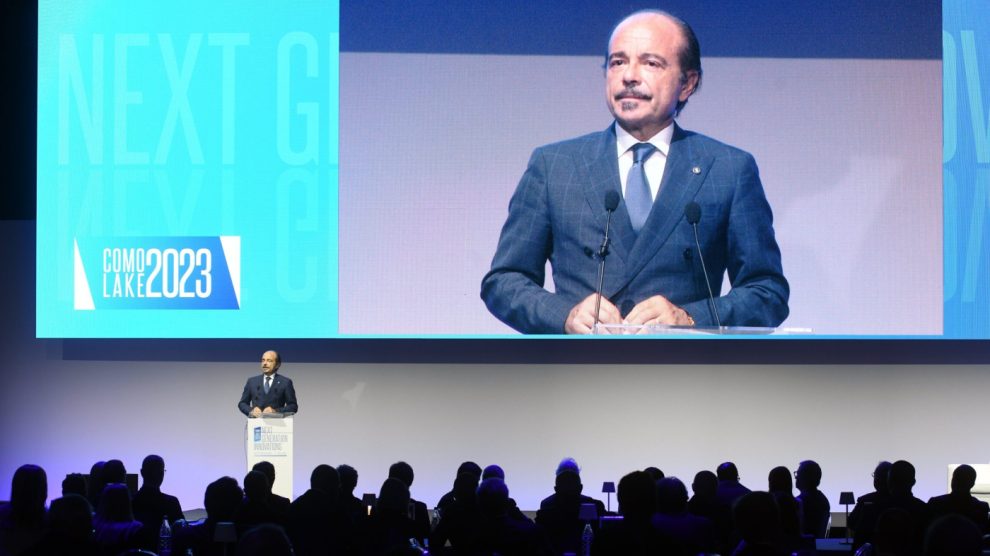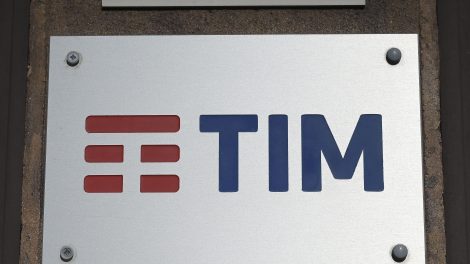G-7 AI regulation to land by year’s end. On Monday, Prime Minister Fumio Kishida of Japan – the country holding the rotating Group of Seven chairmanship in 2023 – said that G-7 leaders are expected to present their artificial intelligence regulation draft by late December. “As a matter of urgency, we are working on international guiding principles and a code of conduct for organised nations developing advanced AI systems, including generative AI,” he specified.
- That would mark a major result of the Hiroshima AI Process, a multi-sector dialogue kicked off by G-7 members at the Hiroshima Summit in May to discuss governance, intellectual property rights, disinformation and responsible use of AI.
Passing the torch. Having the AI regulation guidelines by year’s end means it will be up to Italy, in line for the G-7 chairmanship in 2024, to push for its adoption and diffusion globally. Rome and Tokyo have been working closely on tech, digitalisation and security, and Italian Prime Minister Giorgia Meloni vowed to lead the charge on AI governance.
- Speaking at the ComoLake conference last week, she called the ongoing digital transformation a “technological tsunami that we must know how to deal with” and urged countries to collaborate in drafting global governance systems that ensure the applications of AI will work “in the service of humankind.”
- The Italian PM also spoke with a range of high-level personalities in the field (including LinkedIn founder Reid Hoffman, tech entrepreneur Elon Musk and former US State Secretary Henry Kissinger, who has been studying the issue) to better understand the challenges ahead.
Spelling out Rome’s objectives. In an interview with Milano Finanza, Undersecretary for Innovation Alessio Butti reiterated PM Meloni’s statements on the centrality of the digital transformation and explained how Italy can position itself to be a leading player in the field – readying for “a great game of efficiency and competitiveness, with the market, research and the future of people at the centre.”
- Regulating AI will be “the biggest challenge,” one “that no country will be able to face alone” – and even achieving a complex agreement between States “won’t necessarily be enough” to overcome it, said Mr Butti.
- He then argued that the PM’s willingness to make AI a priority of the Italy-led G-7 will “test” the country’s attitude and readiness “to stand on the international stage” and effectively contribute “not only to the dialogue, carried out at the highest possible level, but also to the definition of the most advanced, sustainable and shared solutions.”
- Seeing as the Global South is another key G-7 priority, Rome intends to ensure that AI regulation works for emerging countries, guiding responsible growth and not stifling it.
How does Italy intend to lead the space? By using itself as an example of how properly guided digital development can foster growth. “We are still in the early stages,” said Mr Butti, but “the conditions are in place” to initiate key discussions with public and private stakeholders on Italy’s digital strategies. The country has “accumulated many delays” and “missed opportunities” in the field of digital innovation over the years, he said, but the government is convinced it can “transform elements of backwardness into opportunities for revitalisation.”
- The future digital strategy has two main objectives: “the broad dissemination of technologies among citizens and in public administrations” and “the protection of national interests, first and foremost by reducing dependence on third countries,” he specified.





